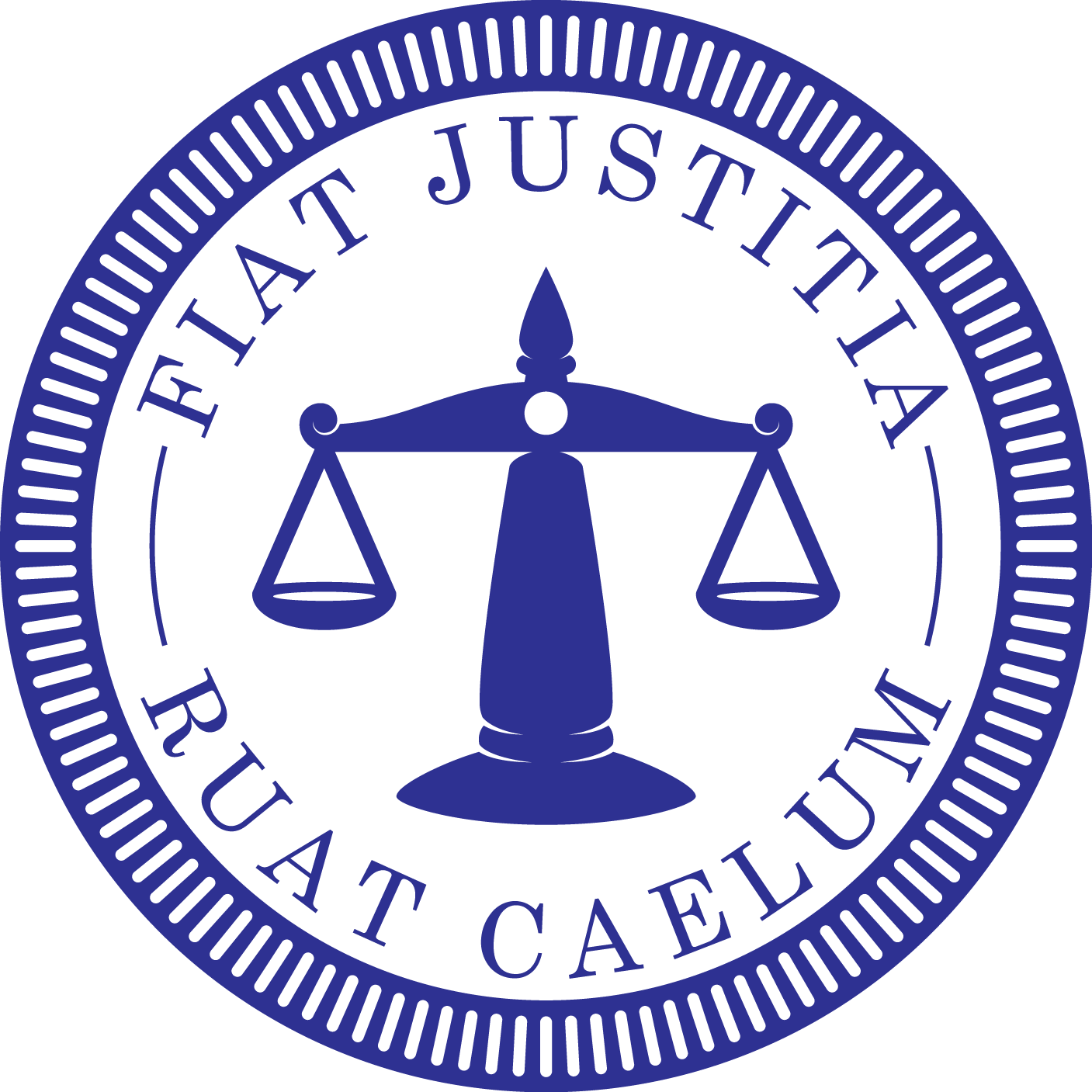What The Pump Tax Teaches Us About The "Tort Tax"
The central tenet of the argument for tort reform is that the costs of the tort system, which are claimed to be unnecessarily high, are passed on to consumers in the form of unnecessarily high prices. There is even a clever name for the purported markup: “the tort tax.” Reduce or eliminate the tort tax, and supposedly, businesses will pass the savings onto consumers by lowering prices. The easiest way to illustrate the folly of the “repeal the tort tax and we all benefit” argument is to show that even those who make it acknowledge it is false.
Recently, Senate Democrats proposed a temporary gas tax holiday – a period of 60 or more days in which the .18 cent per-gallon Federal gas tax would be suspended. The Democratic Senators offered this suggestion as a way to offer tangible relief from high gas prices to Americans. They argued that by slashing .18 from the cost of gas, the average American would save money every time they purchased gas. But the chances of the gas tax holiday going into effect are slim, because the Republican majority in the Senate opposes it.
It’s surprising that many Senate Republicans, many of whom have yet to see a tax that isn’t a blasphemous blight upon humanity, would oppose eliminating the gas tax. But what’s even more surprising is the reason why they oppose it. According to the New York Times, they oppose it because the tax isn’t paid directly by consumers at the pumps, but by oil companies at the refineries. What’s the problem? They believe that the oil industry would simply keep prices where they are now and enjoy an extra .18 per gallon in profit.
Yet many of the same legislators argue for tort reform on the grounds that businesses would pass on any savings derived from tort reform. Their reaction to repealing the gas tax makes it clear: Even if businesses will save money from tort reform, they will not pass those savings onto the consumers unless they are forced to.

